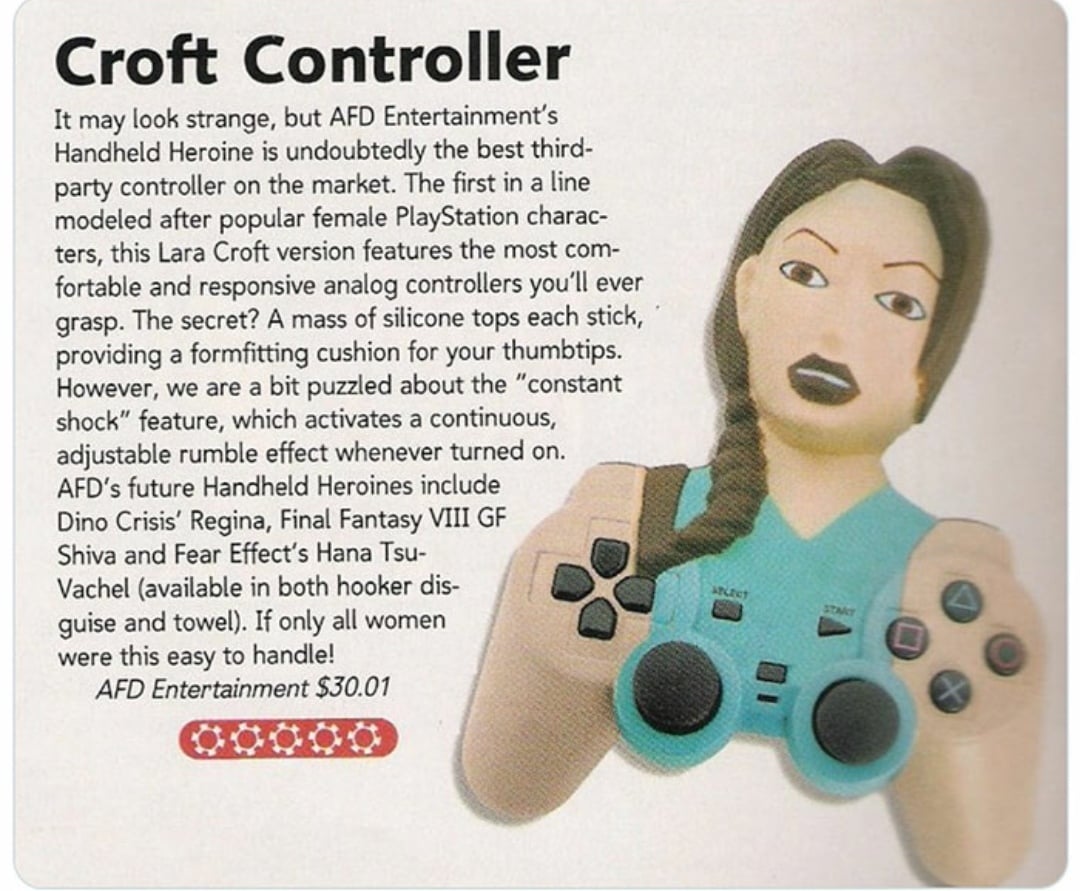this post was submitted on 18 Dec 2024
286 points (96.4% liked)
RetroGaming
19847 readers
305 users here now
Vintage gaming community.
Rules:
- Be kind.
- No spam or soliciting for money.
- No racism or other bigotry allowed.
- Obviously nothing illegal.
If you see these please report them.
founded 2 years ago
MODERATORS
you are viewing a single comment's thread
view the rest of the comments
view the rest of the comments

While we still have problems with female representation in games and in the industry, ohhh boy the 90s were…problematic.
The ironic part is that the sexist marketing was formulated by non-gamers who had nothing but mocking contempt for players.
The classic ads where dudes would choose to play games rather than touch a beautiful woman was meant to be ironic. Video game players back then were stereotyped as people too young or too pathetic to have access to a woman.
And the ads worked. The audience for those ads became emblematic of the type and grew up objectifying women because they had 40 years of game art and ads telling them it was okay.
"Women don't mind being a piece of equipment because they just have 2 uses, and one is nagging! Amirite?"
This is what most likely has set so many misogynistic ideas as 'gamer culture'. That toxic base is what found their identity as hard core gamers and became the game community that we recognize today. It's getting much better now that the stereotype of videogames has faded but the incel comments about female protags shows it isn't fully healed.
Damn, I never considered how much the marketing of the earlier eras must have contributed to toxic gamer culture, particularly misogyny and eventually inceldom.
I'm a little uncertain how much credit to give it, I feel like that kinda stuff was commonplace in advertising in general. But that was a long time ago and it'd be easy for me to just think that since I saw it in gaming and beer marketing that it was "everywhere". Maybe it was way more uneven than I'm thinking, or something. Sure feels relevant.